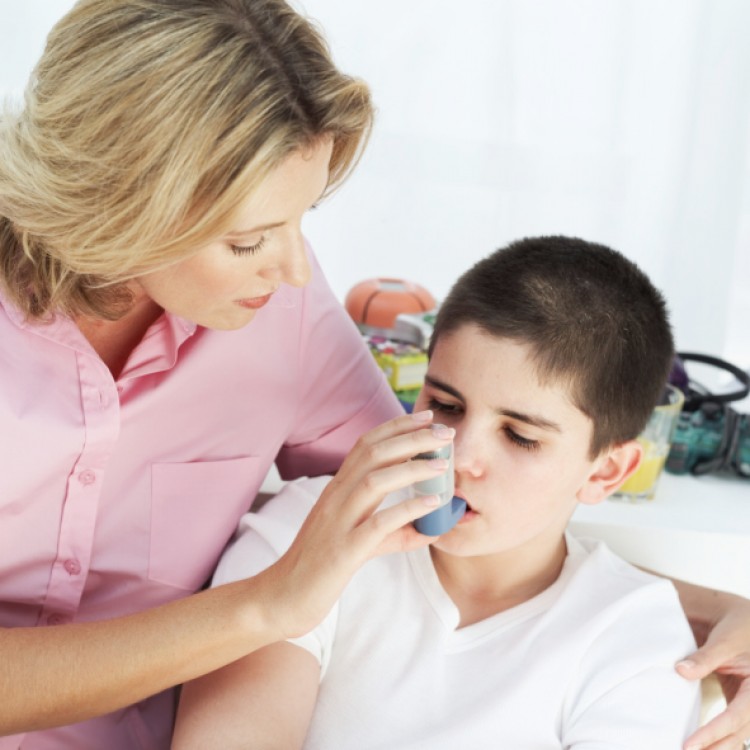


Australian scientists have found that children with asthma are at increased risk of developing anxiety later in life.
Published in the journal Pediatric Allergy and Immunology, the study, which was undertaken by The University of Queensland’s School of Public Health, assessed data from 10,000 children collected since 2004.
Lead researcher on the study, Diana Garcia Sanchez, said In a statement their analyses showed that 4-year-olds with asthma were more likely to develop anxiety between the ages of 6 and 15 years compared to non-asthmatic children, he
“We found there was an 87 percent increased risk overall for children with asthma,” Garcia Sanchez said. “We also found girls with asthma experienced more anxiety than boys during adolescence.”
In Australia, about one in five children suffer from this disease.
According to the researchers, the medication used to treat the disease is not responsible for the increased risk of anxiety.
“The asthmatic children in the study who were unmedicated developed anxiety at a higher rate than those who were medicated for asthma,” said Garcia Sanchez.
“The children who were not taking asthma medication were 9 percent more likely to develop anxiety than their medicated counterparts.
She said that there could be other factors like an additional burden to manage the disease or a linkage between immune system dysfunction/inflammation and mental health in some of the new models.
“Other factors could explain the link between asthma and anxiety, and health professionals and parents should regularly monitor the mental health of children and provide psychological support where appropriate,” she said.
“This may help identify those most at risk of developing anxiety earlier and improve management of the condition.”
In another study by the Henry Ford Hospital, Detroit, USA, 38 asthma patients ages 14-17 were assessed, with researchers finding that their average scores for stress and anxiety levels were higher than those seen in the general population.
“Because these patients may be particularly vulnerable to stress and anxiety, this information can be helpful to physicians as they counsel their patients about the importance of managing their asthma,” Dr. Cathryn Luria, the study’s lead author, said.
“While we found a link between asthma symptoms and stress and anxiety, it’s not clear which came first—the symptoms or the stress and anxiety. More study is needed to determine that.”
It’s important to note that not all children with asthma will develop anxiety, and many children with asthma lead happy and fulfilling lives. However, it’s essential to be aware of the potential risk and to provide support and resources for children with asthma to manage their condition and their emotional well-being.
Asthma is a chronic respiratory condition that affects the airways and can cause symptoms such as wheezing, coughing, chest tightness, and shortness of breath.
There are several factors that may contribute to the increased risk of anxiety in children with asthma:
Supporting children with anxiety requires a compassionate and holistic approach that addresses their physical, emotional and mental well-being. Here are some strategies that can be helpful in helping kids cope with anxiety:
In addition to standard medical care, there are other approaches that parents could apply to children showing signs of anxiety.
Recently there has been an upsurge in nature prescriptions, which are part of a growing movement known as “ecotherapy” or “green therapy” and are applied particularly for mental health conditions such as stress, anxiety, depression, and attention deficit hyperactivity disorder (ADHD).
Read More
Emphasizing the connection between nature and health, nature prescriptions refer to the practice of using nature-based interventions, such as spending time in natural environments, like walking, hiking, gardening, camping, birdwatching, or simply spending time in parks or other natural settings.
The idea behind nature prescriptions is that exposure to nature can have a positive impact on physical and mental well-being, as spending time in nature has been shown to reduce stress, improve mood, increase physical activity, boost immune function, enhance cognitive function, and promote overall well-being.
